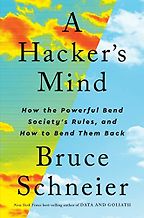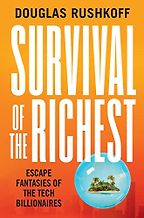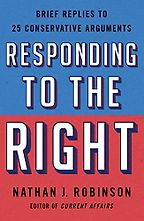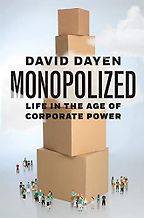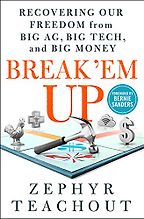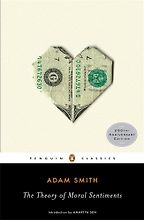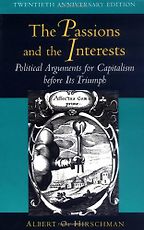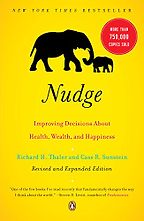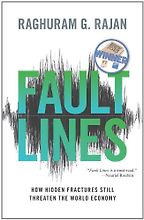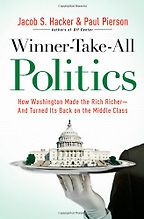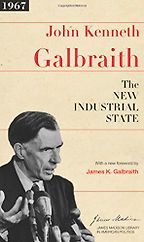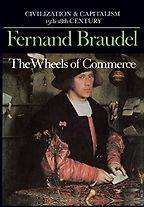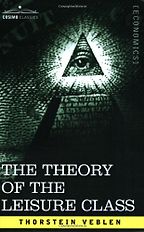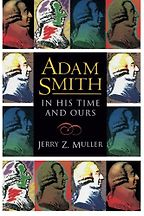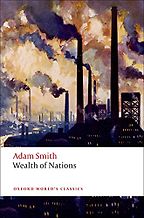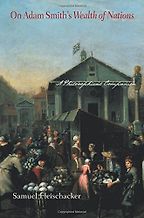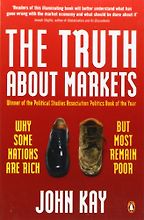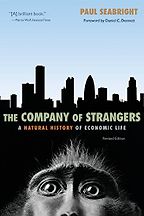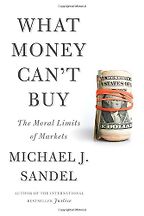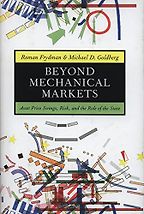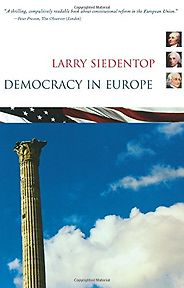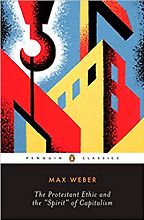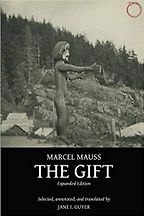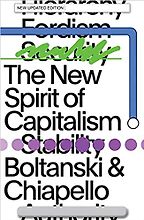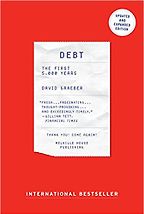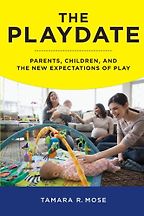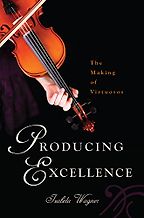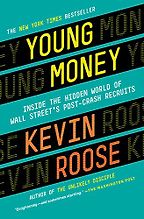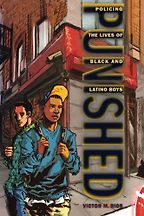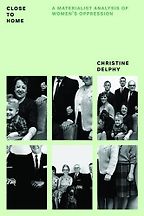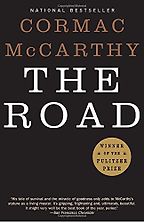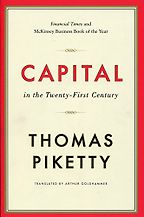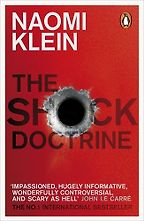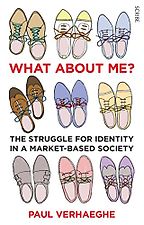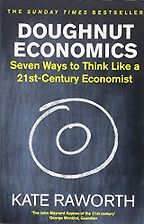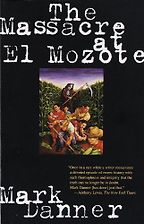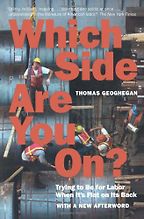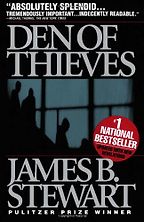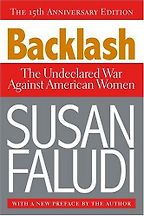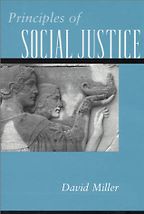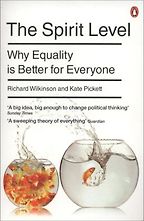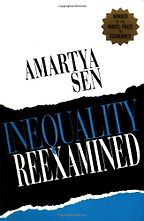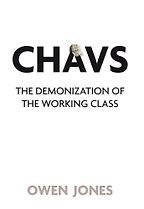Capitalism
Last updated: November 07, 2025
Is capitalism the only way forward? And, if it is, are we all doomed? Our economics books section has many interviews dedicated to the operation of capitalism, but here you can find interviews that explore what, if anything, is wrong with capitalism, how it can be improved, or reformed.
Underlying all the great debates about capitalism is the question of whether it is congruent with human nature or, in some way, antithetical to our deepest instincts. Doug Rossinow looks at the Reagan era and asks how to explain the enduring popularity of the US President who, more than any other, championed capitalism’s moral purpose. Denis Rasmussen takes a look at Adam Smith, arguing that the Moses of capitalism was, first and foremost a moral philosopher. Elsewhere Robert Shiller argues that capitalism must be built to fit with human nature and not the other way around.
A number of well-known economists and thinkers explore some of the shortcomings from which capitalism has arguably suffered in the first decades of the 21st century. The writer and investigative journalist, George Monbiot, chooses books crucial for understanding current economic and environmental crises. Robert Reich looks at books on how to save capitalism and democracy by addressing the current crisis on inequality. And Will Hutton also looks at fairness and inequality and how fairness and equality are not the same thing, but must be objectives in any morally sustainable economic system. Taking a longer view, the historian Michael Kazin looks at the Occupy Wall Street movement and the historical roots of radicalism. The economist, Dambisa Moyo argues that the West is in decline and the future belongs to ‘the rest’. Malcolm Harris explores the poor outlook for millennials.
-

1
A Hacker's Mind: How the Powerful Bend Society's Rules, and How to Bend them Back
by Bruce Schneier -

2
Survival of the Richest: Escape Fantasies of the Tech Billionaires
by Douglas Rushkoff -

3
Responding to the Right: Brief Replies to 25 Conservative Arguments
by Nathan Robinson -

4
Monopolized: Life in the Age of Corporate Power
by David Dayen -

5
Break 'Em Up: Recovering Our Freedom from Big Ag, Big Tech, and Big Money
by Zephyr Teachout
The best books on Chokepoint Capitalism, recommended by Cory Doctorow
The best books on Chokepoint Capitalism, recommended by Cory Doctorow
Modern market economies face a growing malaise, says activist and science fiction author Cory Doctorow: powerful actors creating ‘chokepoints’ between producers and consumers, causing untenable conditions for both. Here he picks out the best books he’s reviewed over the last two years and explains why they’re important.
The best books on Capitalism and Human Nature, recommended by Robert J Shiller
“You have to understand people first before you can understand how to devise an economic system for them” argues Robert J Shiller, the Yale economics professor and Nobel laureate. He chooses five books that explore who we fundamentally are, as human beings, and how that will determine the shape of a successful capitalism.
The best books on Saving Capitalism and Democracy, recommended by Robert Reich
It’s not the first period in history that American society has suffered from a crisis of inequality. Former labour secretary, Robert Reich, recommends books to help us understand the response of previous generations to the same kinds of challenges we now face.
The Best Adam Smith Books, recommended by Dennis Rasmussen
Adam Smith tends to be seen as the founder of capitalism and modern economics, but he was, first and foremost, a moral philosopher. Dennis Rasmussen, author of The Infidel and the Professor—a book about Smith’s friendship with David Hume—selects the best books by and about Adam Smith.
The best books on A New Capitalism, recommended by Anatole Kaletsky
We need to build an entirely new market system, not just patch up the old one, says economics commentator Anatole Kaletsky. He picks the best books to help us think about what form a new capitalism might take.
The best books on Moral Economy, recommended by Will Davies
The sociologist Will Davies discusses five of the best books about moral economy: the study of norms, values, principles and ethics within the space of the economy.
-

1
The Playdate: Parents, Children and the New Expectations of Play
by Tamara Mose -

2
Producing Excellence: The Making of Virtuosos
by Izabela Wagner -
3
Young Money: Inside the Hidden World of Wall Street's Post-Crash Recruits
by Kevin Roose -

4
Punished: Policing the Lives of Black and Latino Boys
by Victor M Rios -

5
Close to Home: A Materialist Analysis of Women's Oppression
by Christine Delphy
The best books on Millennials, recommended by Malcolm Harris
The best books on Millennials, recommended by Malcolm Harris
The Millennial cohort is often characterised as a shallow, social media-obsessed generation that puts avocado toast ahead of the future. But in reality they are overeducated, underemployed and beset by anxiety, says Malcolm Harris, millennial and author of Kids These Days. Here he selects five books that paint a more accurate portrait of the first generation to come of age in the 21st century.
George Monbiot — with An Essential Reading List
Writer and investigative journalist George Monbiot recommends books that have shaped him, and that are crucial reading for those wishing to navigate the current economic and environmental crises.
The best books on The Reagan Era, recommended by Doug Rossinow
Americans remember Reagan fondly, but what did the Gipper really stand for? The historian chooses the best books on Ronald Reagan and his time.
-
1
Principles of Social Justice
by David Miller -

2
The Spirit Level: Why Greater Equality Makes Societies Stronger
by Richard Wilkinson and Kate Pickett -

3
Inequality Reexamined
by Amartya Sen -
4
Fault Lines: How Hidden Fractures Still Threaten The World Economy
by Raghuram G Rajan -

5
Chavs
by Owen Jones
The best books on Fairness and Inequality, recommended by Will Hutton
The best books on Fairness and Inequality, recommended by Will Hutton
What is the difference between fairness and equality? In contemporary capitalist societies, some inequality is inevitable and desirable. But the rewards for the few at the top have soared while the rest have been squeezed. Is this fair? We need a new social contract, says the author and columnist
